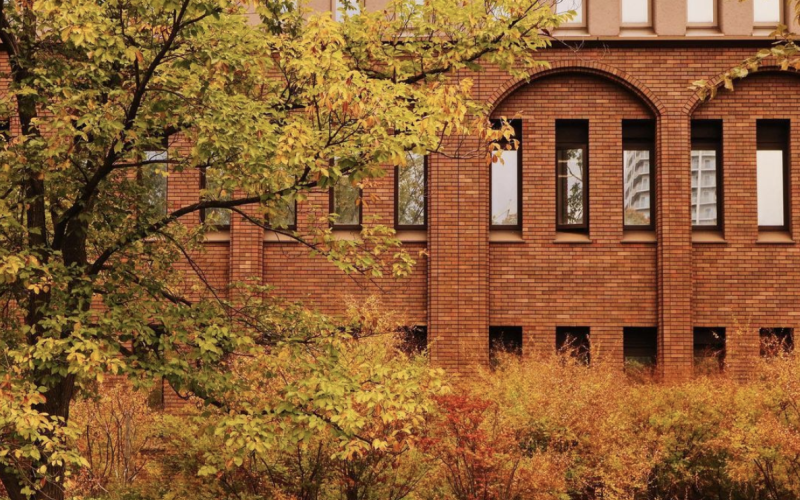Hokkaido University, Sapporo, contributes to the Climate Alliance through commitments to campus sustainability and climate research field projects.
Hokkaido University has contributed to local and global sustainability for over 20 years. Hokkaido makes a valuable contribution to the Climate Alliance through its research facilities, where it conducts extensive field studies. It owns the largest university research forest in the world, at approximately 70,000 hectares – almost 2% of the land area in Japan.
In 2015, Hokkaido founded an Arctic Research Centre, which promotes the complete decarbonization of the Arctic. The Research Centre predicts the impact of climate change on the Arctic and mid-latitude regions. It assesses how these impacts will affect people, and examines adaptation measures.
Professor Atsushi Yokota explains that Hokkaido’s collaboration with other Climate Alliance members can help guide the university towards sustainability.
The university has developed an Assessment System for Sustainable Campus (ASSC), a self-evaluation system which multiple universities use as a guide to improve sustainability. The university regularly improves its Campus Master Plan, which is periodically released and details strategies to make Hokkaido’s campuses more environmentally friendly. The Times Higher Education Impact Rankings assess the efforts institutions put towards the United Nations’ Sustainable Development Goals (SDGs). Hokkaido University was ranked the number 1 university in Japan in both 2020 and 2021.
“I’m confident that Hokkaido University can commit to the SDGs on campus, through field studies, education, and finally, international collaboration,” says Professor Yokota.
Emily Henderson
Student Author
International Universities Climate Alliance
